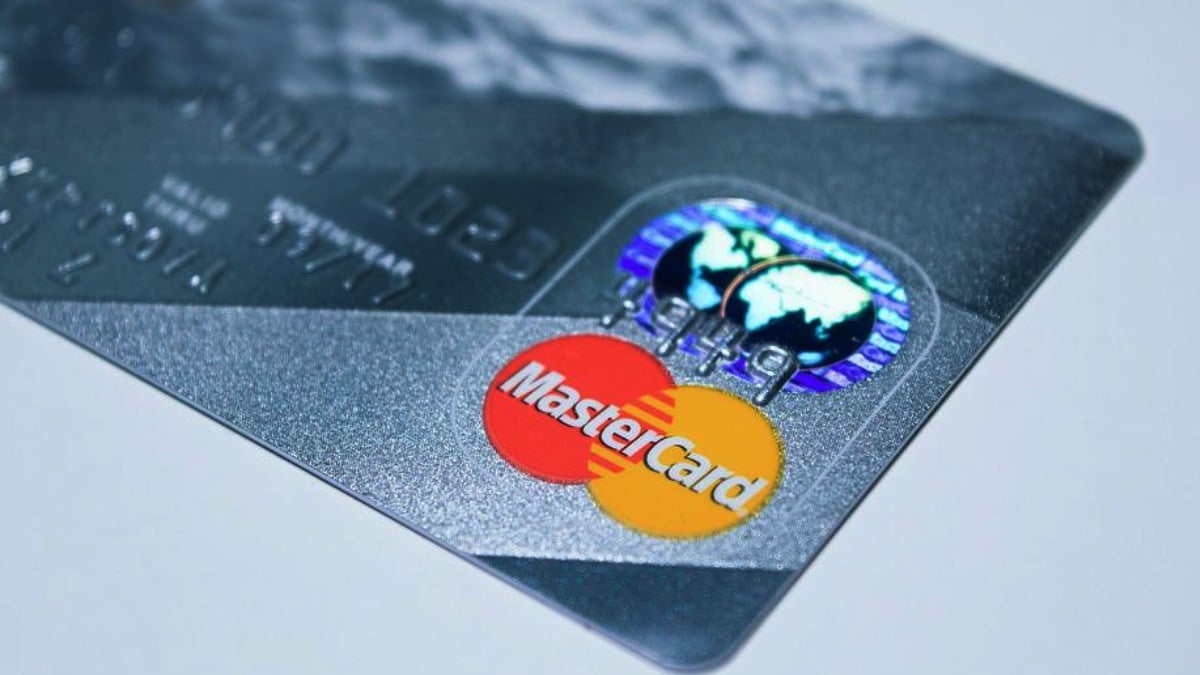Mastercard has taken another step into its Web3 foray with the launch of a CBDC-focussed forum. The aim is to provide crypto players with a platform where they can open discussions around the emergence of central bank digital currencies (CBDCs), that are beginning to crop up in different parts of the world. Supported on blockchains, CBDCs are the digital representations of fiat currencies like dollars and rupees. Several countries including India are already working on their respective CBDCs, hoping to bring more transparency to financial records.
Called the ‘CBDC Partner Program’, this initiative aims to stir discussions on how CBDCs could be made more efficient in terms of use cases, an official blog post from Mastercard said on August 17.
Crypto-related firms Ripple, Consensys, Fluency, Idemia, Consult Hyperion, and Fireblocks have been roped-in by Mastercard as the initial members of its CBDC Partner Program.
As per Mastercard’s Raj Dhamodharan, people must have a diverse range of payment options that come with the capability of interoperability. Dhamodharan serves as the head of digital assets and blockchain at the company.
“It will be essential that the value held as a CBDC is as easy to use as other forms of money, as we look ahead toward a digitally driven future. We believe in payment choice and that interoperability across the different ways of making payments is an essential component of a flourishing economy,” Dhamodharan said.
Mastercard, in its blog further added that at this point, 93 percent of central banks are engaged in some form of work on CBDCs. Given the situation, discussions among crypto players could help central banks avoid mistakes and loopholes.
“There are many questions that central banks need to consider. This includes the role of the private sector in CBDC issuance, security, privacy, and interoperability — such as how a CBDC works with other commonly used payment mechanisms, what specific challenges CBDCs would solve and whether they’re even the right tool for the job,” noted Jesse McWaters, Head, Global Regulatory Advocacy, Mastercard.
With this CBDC Partner Program, Mastercard wishes to add more understanding to the safe and useful deployment of CBDCs, enriched with the feedback of industry players.
“Implemented poorly, a CBDC could create disruptions in the established payment system and crowd out private sector investment,” the blog added.
CBDCs function like cryptocurrencies, but instead of being unregulated and volatile, CBDCs are regularised and issued by the central banks. CBDCs not only maintain unchangeable and transparent records of online payments, but also reduces dependency on cash notes.
Developing markets like India and China have found a broader acceptance for CBDCs, a recent survey on CBDCs by the CFA Institute said. The survey further noted that 42 percent of its global respondents were in favour of central banks releasing CBDCs.
Owing to the rise in CBDC craze, the International Monetary Fund (IMF) also said that it had begun work on a platform to enable CBDC transactions between countries back in June.
The IMF aims to converge central banks on a common regulatory framework for digital currencies that will allow global interoperability. Failure to agree on a common platform would create a vacuum that would likely be filled by cryptocurrencies, IMF Managing Director Kristalina Georgieva had said at the time.
Check out our Latest News and Follow us at Facebook
Original Source

